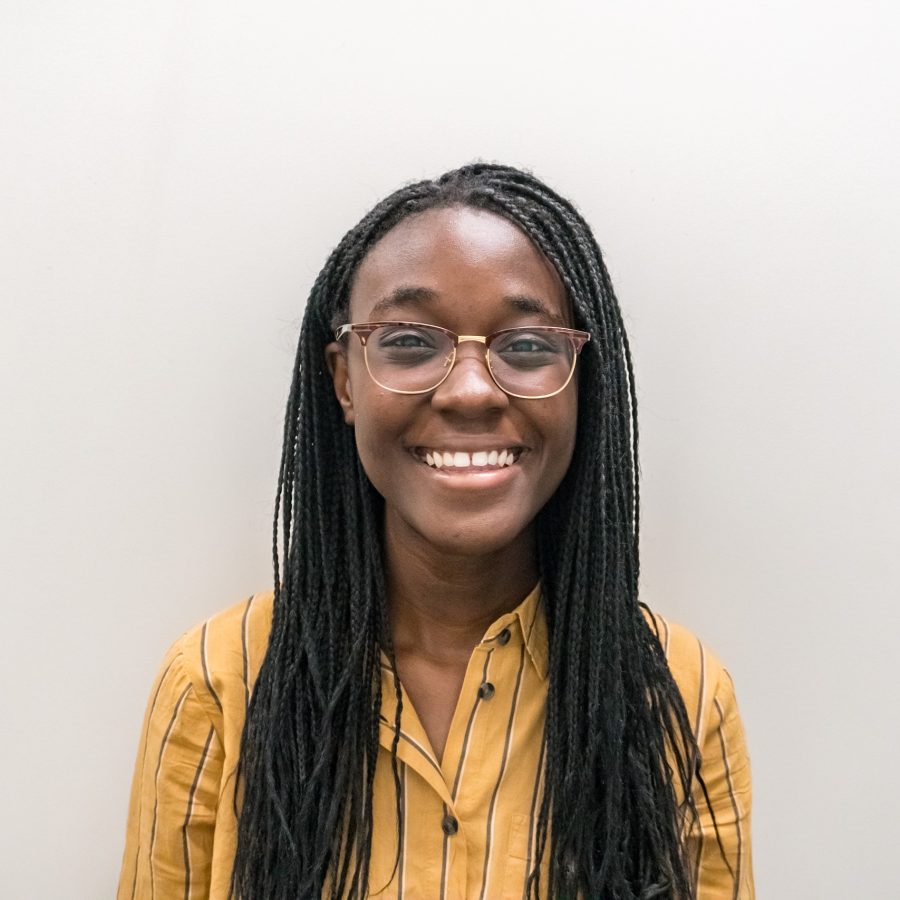My mother has a sort of relentless, enduring faith — in God, in herself and, most admirably, in other people. It seems nobody is safe from her optimism. I’ve seen her give countless strangers in restaurants impromptu sermons on life and their hidden potential. I’ve also watched her carry out the same overly familiar interactions with friends I bring over for dinner. She believes people are fundamentally good, and she has always wanted me to believe that too.
More than anything, she has always wanted me to be forgiving. She thinks it is the most important trait a person can have; growing up, I believed that too. Since my mom always said to never to give up on people, I rarely ever did, because I wanted to have that same beautiful gift she does — that faith in others that inspires people to grow into the fullest versions of themselves. But then, life happened. I had complicated, messy friendships that made me realize as noble as forgiveness is, it can also be incredibly hard. Eventually, the childhood part of me that believed people were fundamentally good, the part my mom worked so hard to develop, started to waver. I found myself wondering: isn’t there a point where people are just, well, a lost cause? Do some people just not deserve your forgiveness because they’re incapable of change?
It’s not a pretty thought.
The world would probably say yes to both those questions. Society does not typically encourage forgiveness. Social media tells you to cut out any friendships that don’t constantly make you feel like you’re living your #bestlife to prioritize self-care. Furthermore, there is the concern that forgiveness can often mean excusal. Asking people to forgive those who have hurt them can minimize their suffering or be a dismissal of their pain. But there is also a radical kind of connection that comes with forgiveness, I think. That is the quality I saw in my mother as a child, and it is the same one that keeps me from adopting the cynical worldview I am so often tempted by today.
I have had friends who required a lot of forgiving — people who had a lot of beautiful qualities, but also a lot of traits they still needed to work on. Oftentimes, people would urge me to stop speaking to them, since they evidently were causing me more harm than good. But there is something very important about being able to recognize people’s potential. After forgiving them, I have been able to see those same friends grow into completely different, caring, thoughtful people. I feel fulfilled knowing I was one small part of that change. There are times where sticking it out and being supportive creates something really beautiful — the kind of trust that my mother inspires in others around her.
And of course, boundaries are important, and unhealthy relationships need to be ended. But I still believe people are fundamentally good and for the most part, they do deserve forgiveness. Not necessarily because of anything they’ve done, but because forgiving people forces us to see the best in each other, and in turn leads others to see the best in themselves. Nelson Mandela once said “Forgiveness liberates the soul, it removes fear. That’s why it’s such a powerful weapon.” And so perhaps that is the way we should choose to conceptualize forgiveness. Too often, forgiveness is viewed as a sign of weakness or concession. But it is completely possible to forgive someone while still holding that person accountable. Forgiveness simply means removing bitterness from the equation.
I would like to see us destigmatize forgiveness a little bit more. It does not make you a doormat. It does not mean you are excusing anyone’s actions. It is instead a chance to make a negative interaction into an experience that both parties can learn from.
My mom always forgives, and for a long time, I thought it was her gift to other people. But the more I think about it, the more I realize that being forgiving often lightens our own loads as well. Forgiveness is a way of making our own little worlds more accepting, and that is reason enough for us all to strive towards it.
Opinions expressed on the editorial pages are not necessarily those of WSN, and our publication of opinions is not an endorsement of them.
A version of this article appeared in the Monday, March 11th, 2019, print edition. Email Sarah John at [email protected].


























































































































































